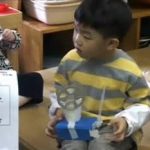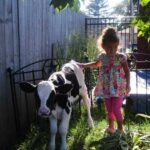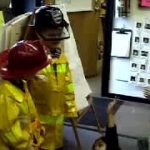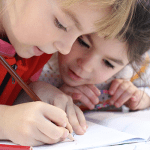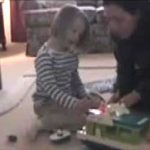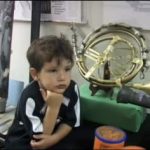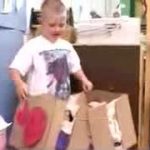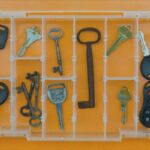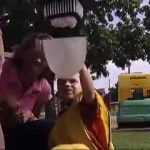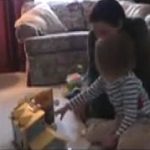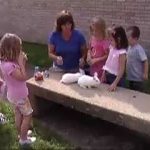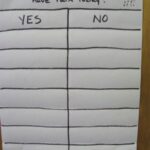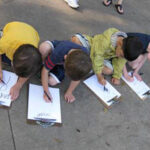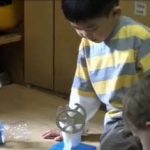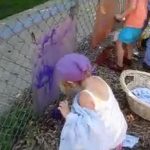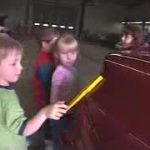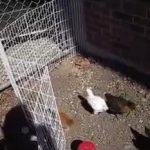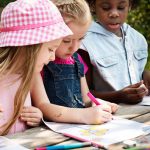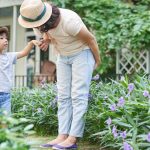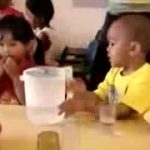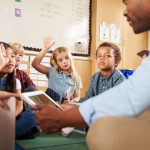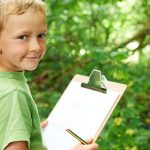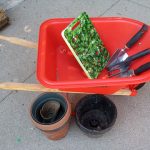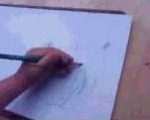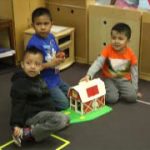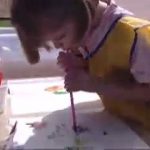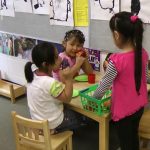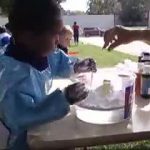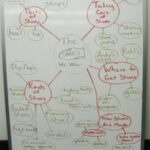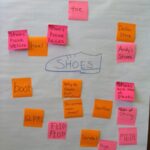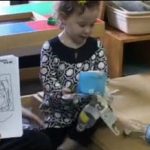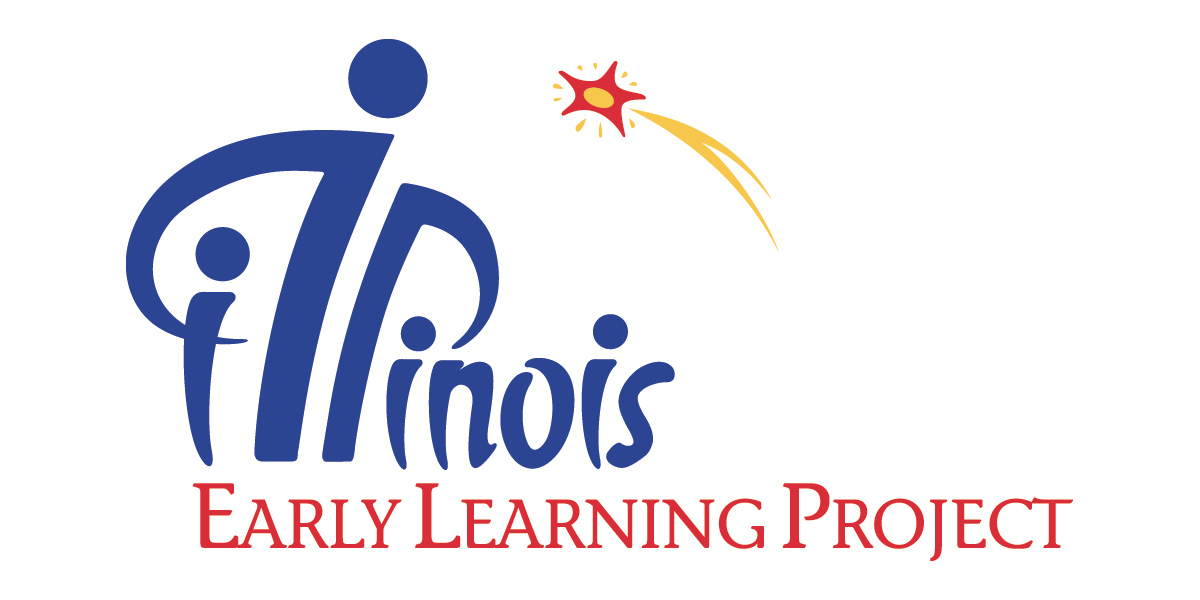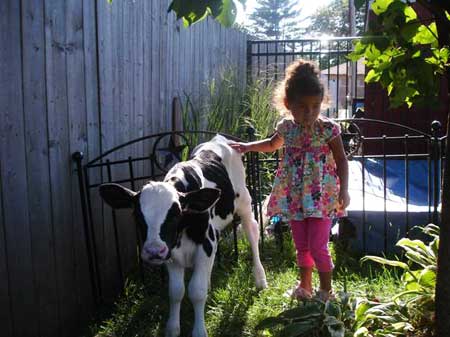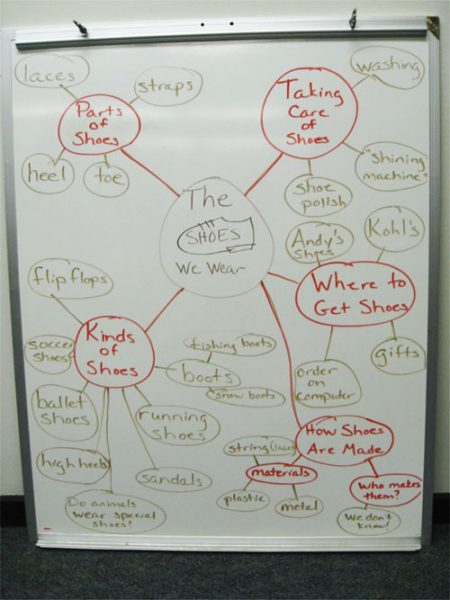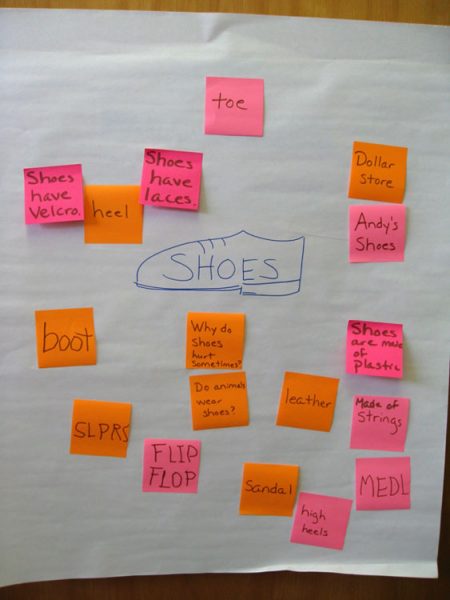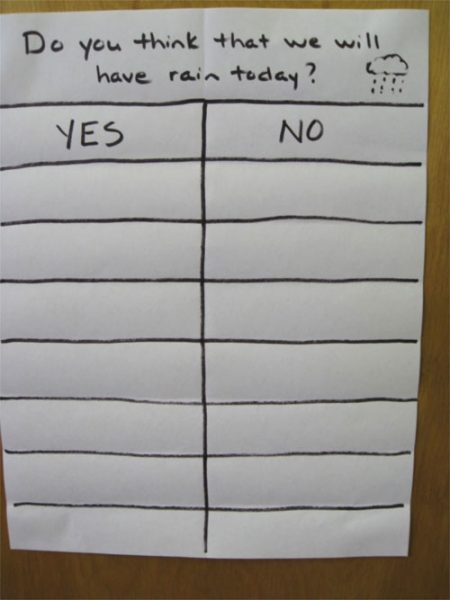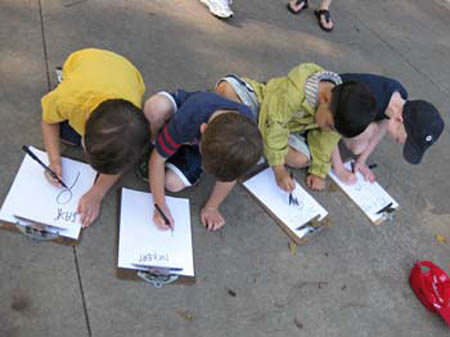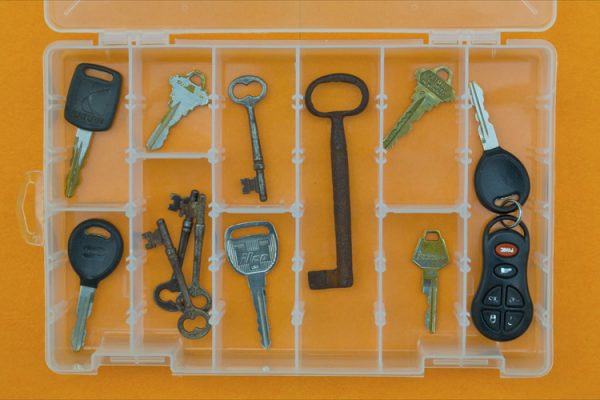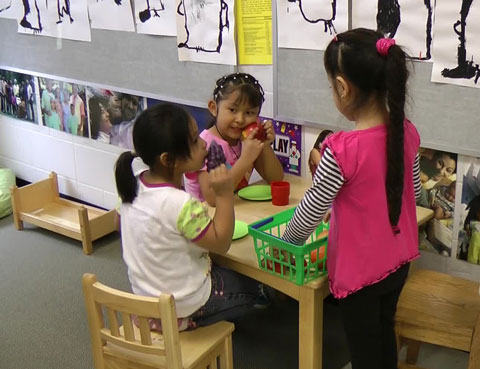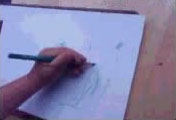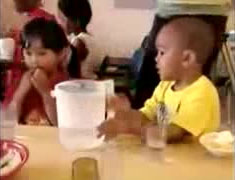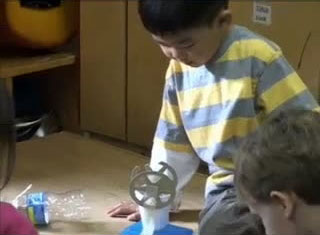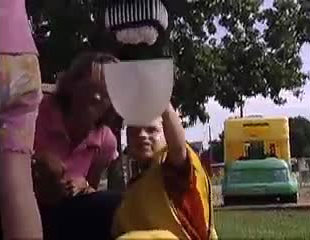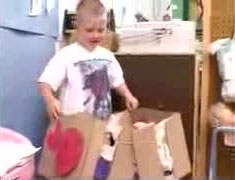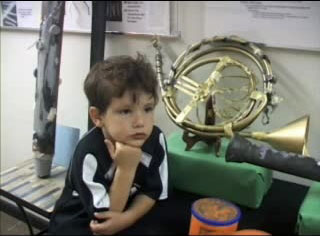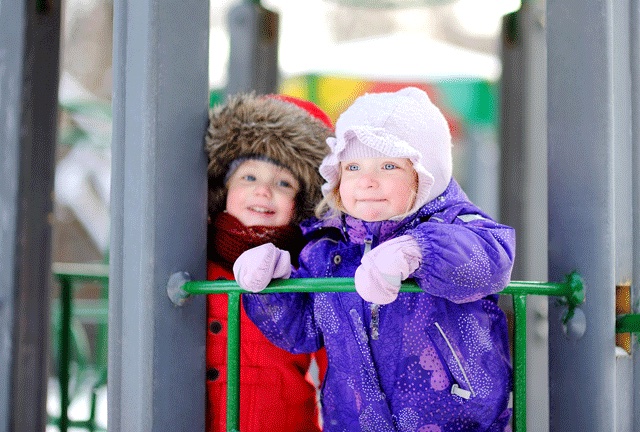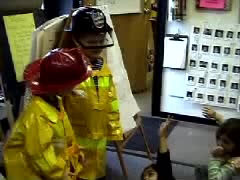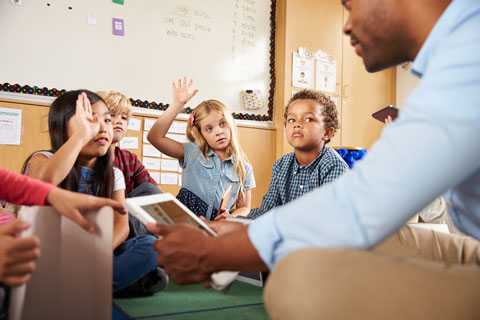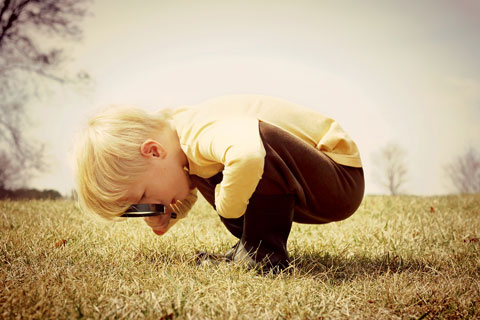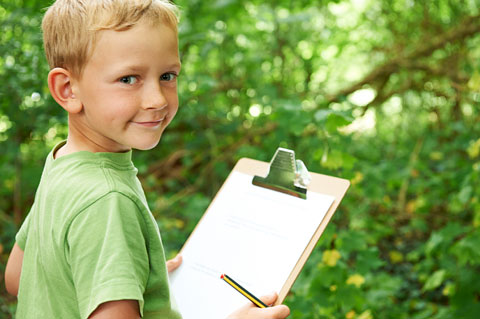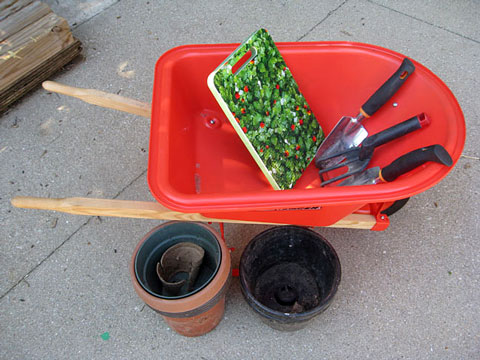IELDS Standard: 1.B.ECc
-
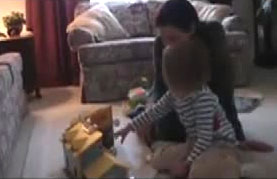
Going Camping
Three-year-old Ellie and her mother are playing with familiar toy family figures, a dollhouse, furniture, and a camper. By listening carefully to what Ellie says as they play, her mother discovers things that she can help Ellie understand in areas such as counting, good manners, and nutrition.
-
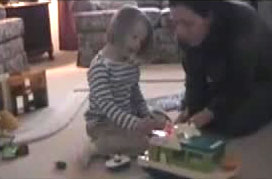
The Doggie and the Shark
In this clip, 3-year-old Ellie and her mother engage in pretend play with small figures and boats. Joining Ellie in pretend play allows her mother to model play skills, extend pretend play, help build vocabulary, and promote problem solving skills.
-
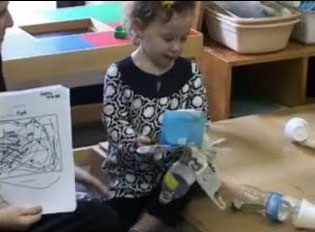
Talking about Waterslide Models
The children in the study group used a commercially made marble run to learn about how materials move on ramps and slides.
-
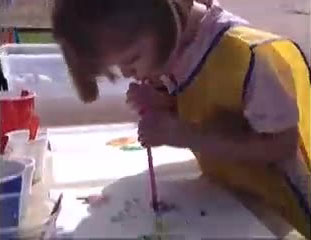
Straw Painting
Lucille, the young girl in this video clip, is painting outdoors on a sheet of white paper on a table. Instead of using a brush to move the paint and mix the colors, she aims a drinking straw at tiny puddles of the wet paint and blows through the straw to move the paint.
-
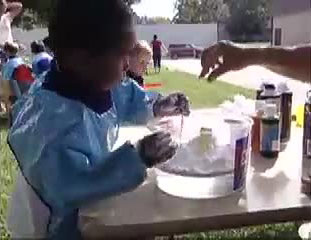
Shaving Cream
The science fair seen in this video took place on the playground of a child care center. In one experiment, the teacher squirted a layer of shaving cream on top of a bowl of water.
-
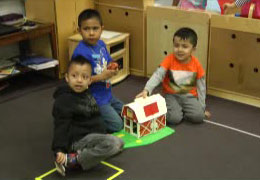
The Right Word: Conversation and Print During Pretend Play
This clip shows children don’t necessarily need structured activities to meet benchmarks. When teachers schedule large blocks of time for free play, children can learn in unexpected ways by engaging with each other and the classroom environment.
-
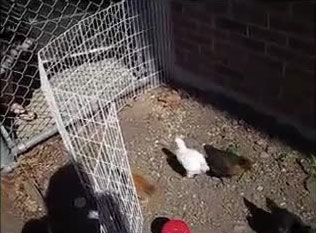
Observing Chickens on the Playground
Teachers have given children an opportunity to observe chickens during free play, after first having arranged some activities that allowed the children to become somewhat familiar with the chickens in another setting.
-
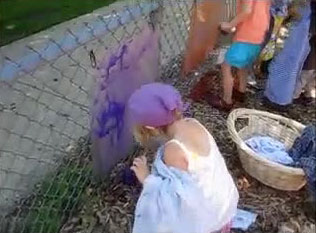
Mila Paints the Fence
This video clip illustrates some of the ways that children can meet early learning benchmarks while exploring art materials outdoors.
-
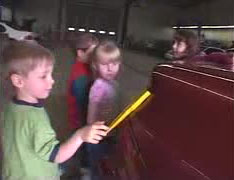
Magnets and Cars
The teacher took the 3- and 4-year-olds to visit the automotive lab next door to the classroom. The next day she asked the children to predict what parts of a car would attract a magnet.
-

An Engineer Changes His Mind
Along with another mixed-age classroom, this class has been investigating ways to turn the school playground into an outdoor learning area.
-
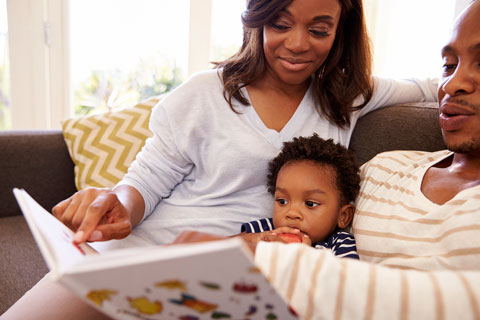
Fun at Home with Preschoolers: Getting Ready to Read!
You can do a lot to make getting ready to read a natural part of daily life.
-
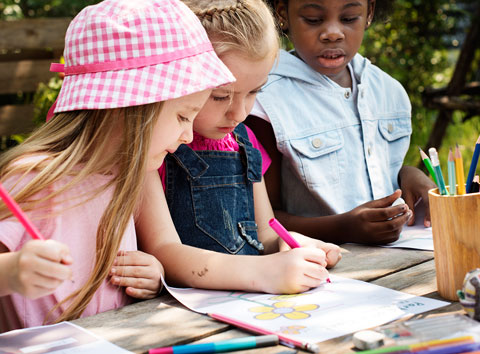
Outdoor Field Trips with Preschoolers: Follow Up!
After the class returns from an outdoor field trip, the teacher might offer a variety of follow-up activities to help the children build upon the experience.
